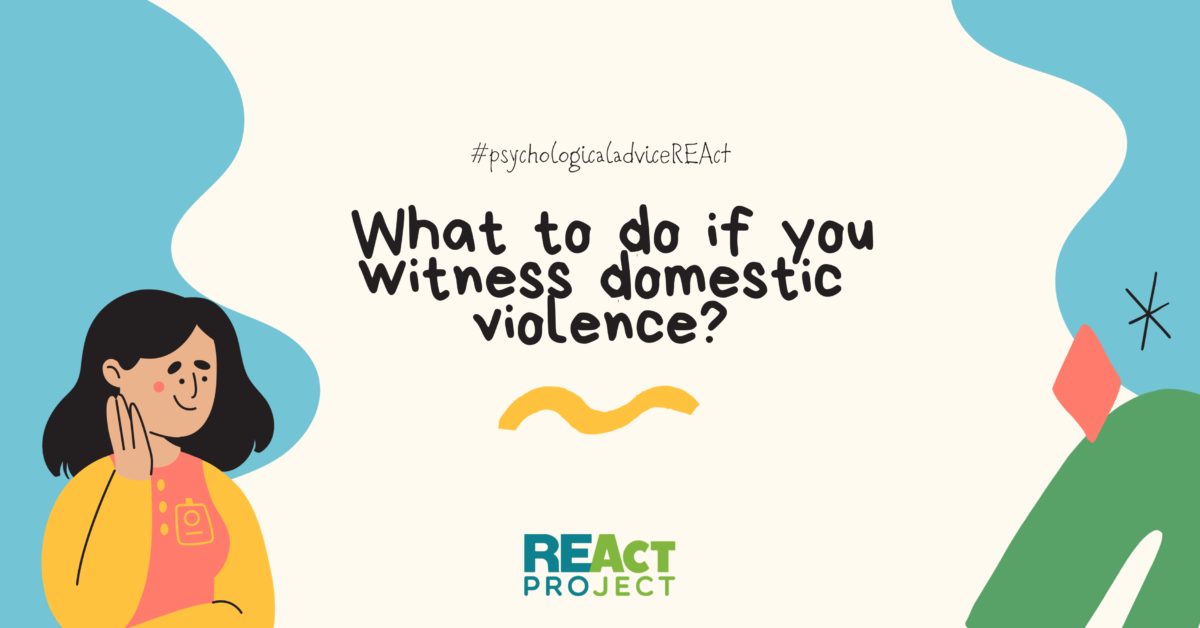1. Assess the situation:
- What kind of violence is taking place – physical, psychological, economic, sexual?
- Is the victim a child or an adult?
- What is the condition of the victim?
- How does the offender behave?
- Are there other people around, and are they ready to help?
- During a violent attack, it is recommended to choose a method of physical intervention only if you are ready for it (you have the skills of hand-to-hand combat, personal protective equipment, non-lethal self-defense, etc.).
- Take care of your safety and the safety of those around you because the offender may have a weapon and harm you.
2. Call the police.
This way, you will not endanger your safety, but you will allow the representatives of the police to take timely and adequate measures to respond to the fact of violence and stop it properly.
You can call the police by dialing 102.
3. Provide the victim with medical assistance.
When there is an immediate threat to a person’s life and health (the physical or mental condition suddenly worsens, and it is accompanied by bleeding, convulsions, fainting, suffocation, acute pain, or other symptoms that may indicate a significant threat) – call the “ambulance” team by the number 103.
4. Record what you see.
If you or someone nearby has a mobile phone, record everything happening on a video or photo. This will help the police officers to assess the situation correctly, give the correct qualifications, and be the evidence for the trial.
5. Show concern.
If the abuser has stopped the violence and left the scene, ask the victim if there is someone to help them or if they need your help to phone this person. The victim might ask you to stay with them until someone they trust arrives. If you agree, stay in a well-lit, crowded place.
Be prepared that the victim will not be eager to change their life. The person has the right to make this choice, and you can only express your concern, offer support, or refer to specialists who can help.


